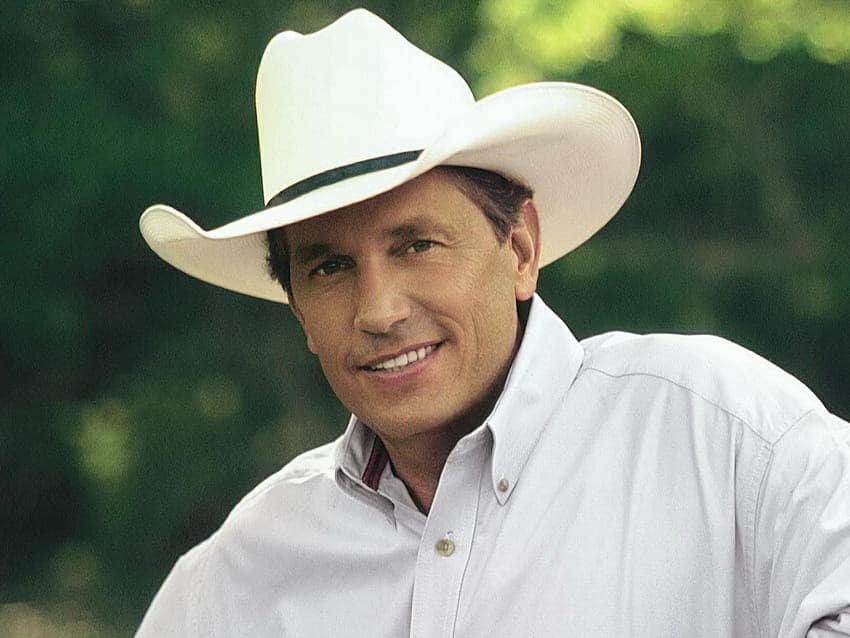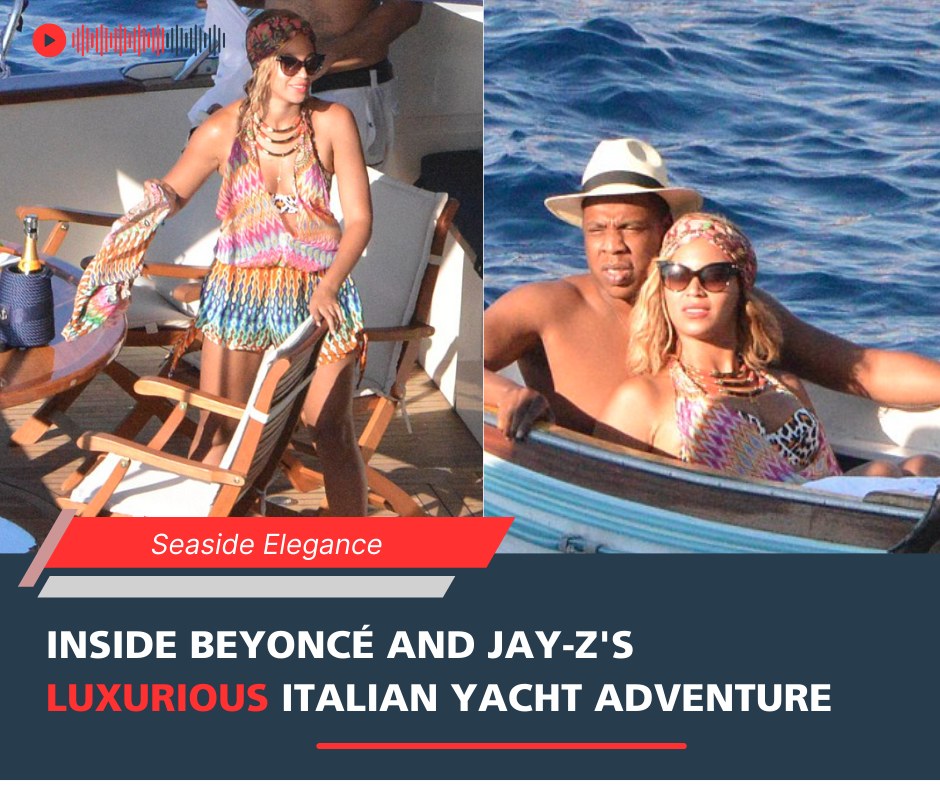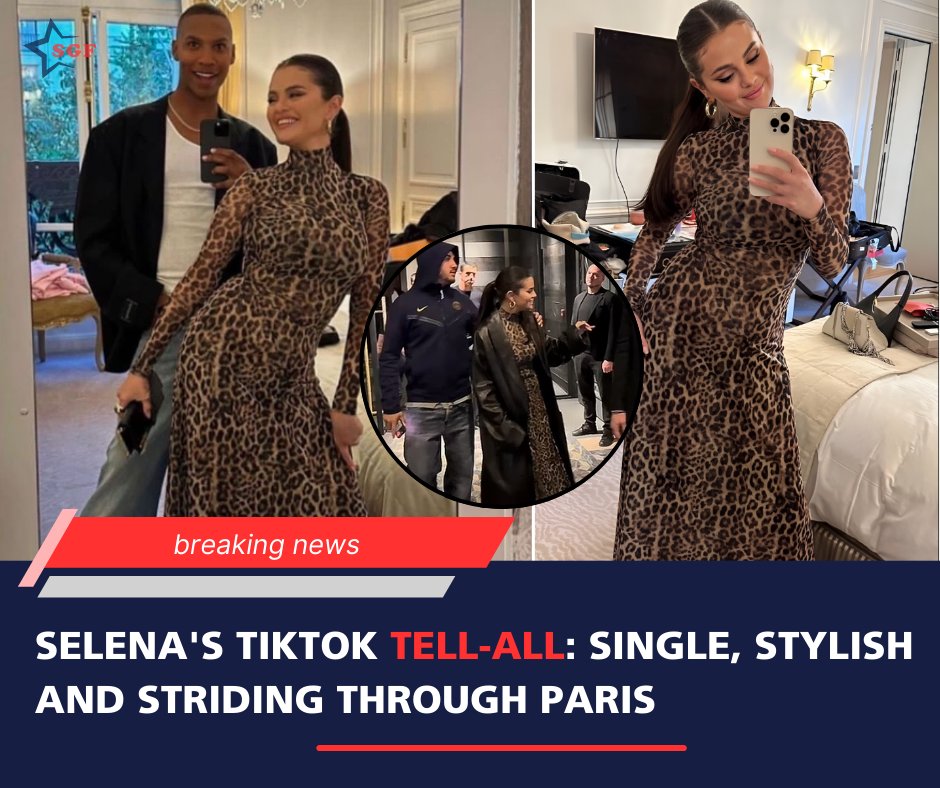

Here's ads banner inside a post
In an unexpected twist that has taken the music world by storm, country music icon George Strait has openly expressed his views on Beyoncé’s ventures into country music, saying that “playing dress-up don’t make you country.” This blunt statement has set off a wave of reactions within the music community and among fans of both Strait and Beyoncé.
The root of the contention lies in Beyoncé’s recent exploration of country music, which has seen her collaborate with well-known country musicians and perform at significant country music festivals. While Beyoncé’s ability to blend genres has been lauded by many for showcasing her versatile talent, Strait’s remarks point to a deeper conversation about the essence of country music and the criteria for belonging to this genre.

Here's ads banner inside a post
Known as the “King of Country,” Strait’s perspective is steeped in a traditional view of country music, emphasizing authentic connections to its cultural and musical heritage over mere stylistic emulation. His comment underscores a divide among genre purists who believe that the soul of country music lies beyond performance and attire, residing instead in a heartfelt understanding of its roots.
Beyoncé, a towering figure in the global music landscape, has yet to respond to Strait’s comments. Her journey into the world of country music forms part of a larger artistic endeavor to experiment with various musical styles and engage with a wider audience. Supporters of Beyoncé argue that her endeavors to transcend genre boundaries underscore the universal nature of music, advocating for her innovative approach to be embraced rather than critiqued.
Here's ads banner inside a post
As this debate rages on, it serves as a reflection of the broader dynamics of musical genres, marked by a balancing act between preserving traditions and embracing change. Strait’s outspoken criticism has undoubtedly ignited a discourse on authenticity within country music, urging artists and fans alike to ponder the true meaning of affiliation with a genre.
This unfolding narrative is poised to stimulate further discussions, potentially leading to collaborations or reconciliations between figures from diverse musical spheres. As the music industry and its audience await further developments, this controversy promises to add another layer to the ongoing dialogue about cultural identity and artistic expression in the ever-evolving landscape of music.

